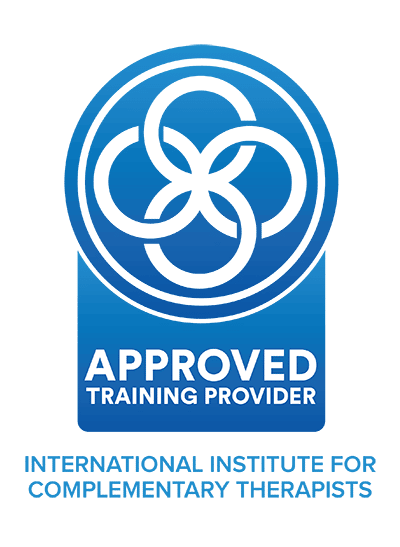-
CBT Practitioner (80 CPD Credits)
-
Learn CBT with NOCNA Online Cognitive Behavioural Therapy (CBT) Course. You’ll be taught a variety of CBT techniques and skills needed to become a CBT therapist.
What Will You Learn?
The comprehensive Cognitive Behavioural Therapy (CBT) Course will teach you a wide range of CBT techniques. These will help you to identify and change any of your own thoughts and behaviours that may be limiting your progress in life. In addition, it will aid you in helping others to do the same.
Cognitive Behavioural Therapy (CBT) is a popular form of psychotherapy that’s widely used by psychologists, health coaches, healers, counsellors and mental health clinicians. It has become the treatment of choice for many disorders. This CBT Course begins with the history of the fields it belongs to: cognitive psychology and behavioural psychology.
After that, you will familiarise yourself with psychological theories of emotions. You’ll learn about how feelings are experienced on a physiological level. And then you’ll see how the way we experience emotions is influenced by thought processes and behaviour.

Many CBT techniques work to target thoughts that influence our emotions. As a CBT therapist/counsellor, it is important to understand the process of change one undergoes. The Cognitive Behavioural Therapy (CBT) Course outlines the stages of change. It also examines the motivations behind making changes.
If your intention is to ultimately work as a counsellor, you will need to not only understand the techniques used, but what the job entails. You’ll also need to become accustomed to the skills needed. This course outlines the personal and counselling-specific skills you’ll need to embody the role. It goes over the counselling process itself, and the professional and ethical constraints you must adhere to. It also digs into how to look after your personal mental and emotional wellbeing.
To further deepen your understanding of counselling, you will explore the history of psychology. This will provide a greater understanding of human feelings, abilities and personalities. You’ll study the following counselling approaches – developmental psychology, psychotherapy and humanism. Rounding out your knowledge of the theories behind counselling, you will be guided through the principles of CBT. In this way, you’ll see how it can be used to challenge negative thought patterns and install new, positive behaviours.

-
When is it?
Start in your own tempo
Where is it?
Online in own tempo
What are the prequisites?
Course Requirements:
None, the course is open for allHow much is it?
EUR 1145,-
-
Norway’s leader in NLP, Coaching, Mental Training and Mindfulness.
-
-
29 years of experience
NOCNA is the leader in the field
International credits (CPD)
NOCNA has issued over 5000 CPD points over the past year
Market leader
NOCNA has held more than 250 NLP & Coach courses
Training / education
NOCNA offers more than 32 different courses and educations
-
Nordic Coach & NLP Academy (NOCNA) has received formal and independent CPD accreditation, and is now a registered supplier at the CPD Standards Office in England. All participants in this course will be issued with a CPD certificate, which can be used in a professional context up to the employer or trade union. This education gives you 80 CPD points.
-
-
The course takes you through the practical application of CBT in counselling. It starts off with how to plan a session with your client, and gives tips on how you set take-away tasks for clients to complete outside of session time. You will also learn some basic cognitive behaviour techniques. These include identifying and challenging automatic thoughts, altering cognitive distortions, thought stopping, and challenging core beliefs.
Upon completion of this course, students will have developed an understanding of the following:
- Background of CBT
- Variations of CBT
- Core CBT concepts
- Professional considerations
- Different councelling approaches
- The process of change
- CBT Techniques for special applications
-
SIGN UP FOR NEWSLETTER!
Life Will Never Be The Same!











